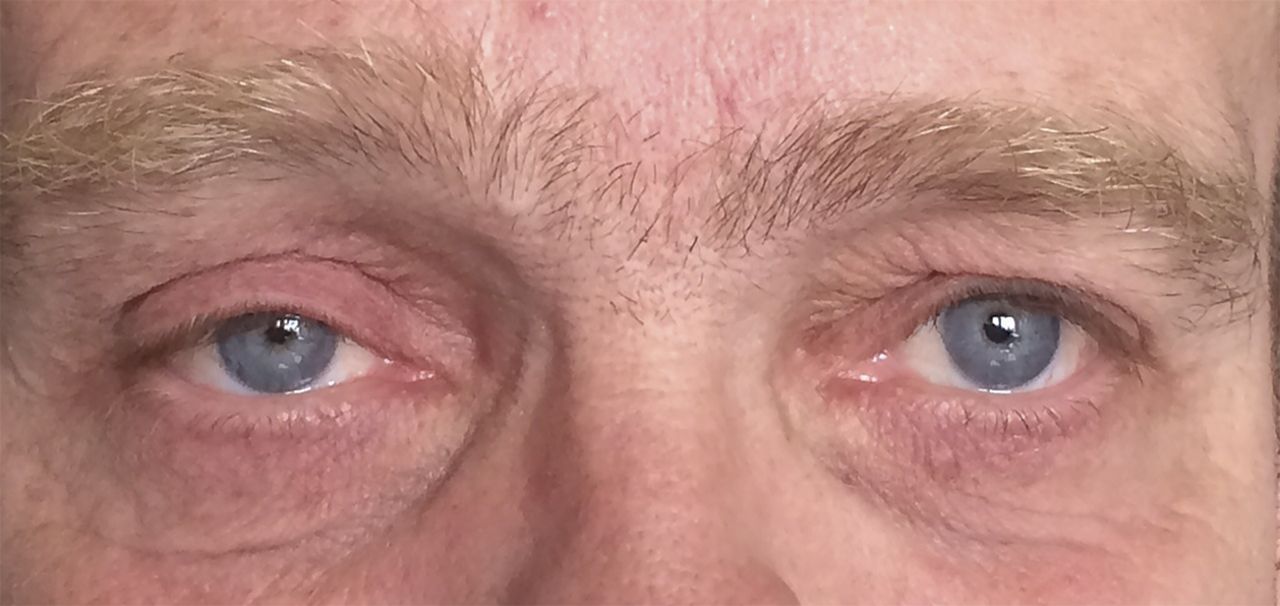
Horner's Syndrome is a very common neurological disease of both the face and the eyes, caused primarily by malfunction of the parasympathetic nervous system. The condition is often referred to as a 'dizziness 'pins and needles' sensation.
Usually the condition occurs abruptly and commonly affects only one side of your head but can also be unilateral in some cases
A disorder of this type of nerve, which controls the facial muscles and the eye, can cause a number of symptoms such as a tingling or numbness sensation, difficulty in blinking, loss of coordination, eye irritation, dry eyes, rapid breathing, dizziness, difficulty in opening your eyes, nausea, fatigue, muscle weakness and even problems with memory and language. Sometimes it can also occur in tandem with a migraine, depression, or chronic fatigue syndrome.
Horner's Syndrome can cause permanent damage to your vision if not properly diagnosed, so it is important that you talk with your family physician to rule out any other conditions that could be causing your vision loss. Once diagnosed, your family physician will be able to provide the necessary treatments. One common treatment recommended by doctors for patients with Horner's Syndrome is an antidepressant. If these do not work, your doctor may prescribe an antibiotic which should help to relieve the symptoms.
There are various drugs available which are commonly prescribed for patients with this condition. These drugs help to reduce symptoms, decrease pain, and improve sleep. There are also several prescription medicines that are used to treat these symptoms in conjunction with treatment for the primary underlying disorder.
These treatments are usually comprised of ophthalmic ointment, eye drops, and nasal sprays
The most common eye drops that are used to treat Horner's Syndrome are acetazolamide and ibuprofen. Acetazolamide helps to reduce inflammation and to reduce redness and swelling while ibuprofen helps to reduce itching and burning. These drugs are often combined with topical anesthetic drops to numb the eye area.
There are two different ways to apply the medication to the eyes, either through the eyes or around the eye. The more common approach is to use a dropper and the other is through a finger or nose spray. In some cases, topical anesthetic drops are used to numb the eyelids while in other cases, a prescription drug may be used over the whole eye or the eyelids in a single eye. This is very painful for some patients, so an alternative to using an eye drops is to place a bandage around the upper lid of each eye.
There are several natural remedies available that are used by many patients to relieve the symptoms of Horner's Syndrome. These include taking supplements rich in magnesium, zinc and iron. These are easy to find in most grocery stores.
This condition can cause great discomfort and pain to the patient, so it is very important that they make an effort to keep their eyes lubricated and well hydrated. In addition to pain relief, it may also be helpful to take vitamin E and vitamin B6 to reduce muscle spasms. Vitamin A and B5 can also be taken to help boost circulation to the area. Also, calcium supplements are often helpful in the treatment of this condition.
A person suffering from this condition should also make sure that they are eating a diet that is high in protein and calcium as these are important for good eye health. Vitamin D and Vitamin C are also beneficial as they help to protect the eye from drying out. There are also a few prescription medicines that are available to help with the symptoms associated with Horner's Syndrome including corticosteroid and antihistamines.
If there is any question about whether an eye drop or treatment for Horner's Syndrome will be helpful, it is best to consult with a qualified doctor. Since this disease is a chronic condition, there are many options available, so it is important that they are tried before considering one is used.
If there are no noticeable improvements, these eye drops or treatments may not be necessary. However, if the symptoms are persistent and severe, these treatments may be necessary.